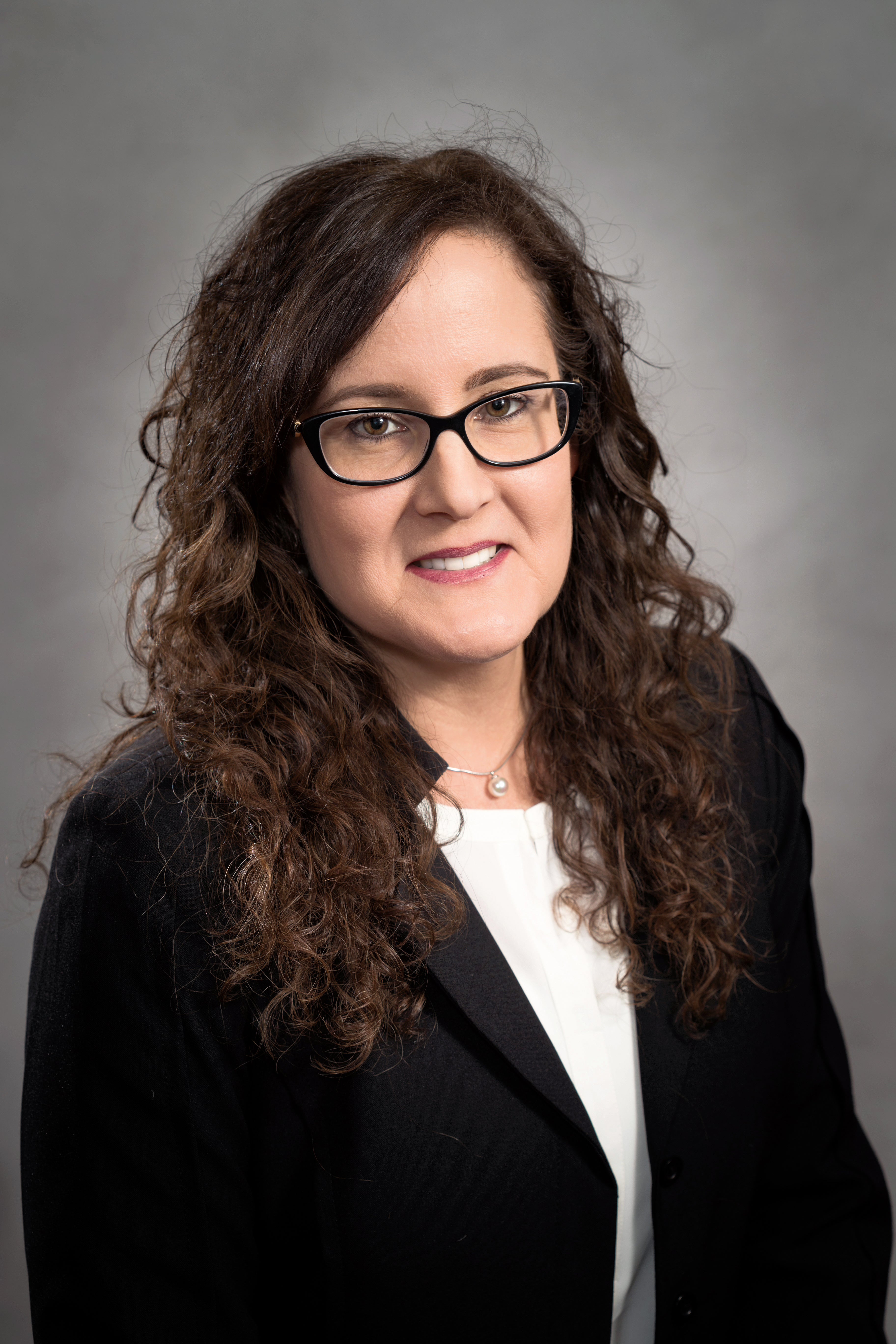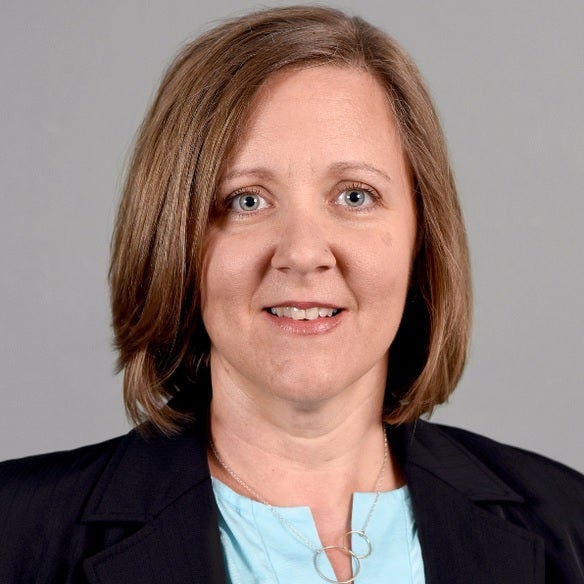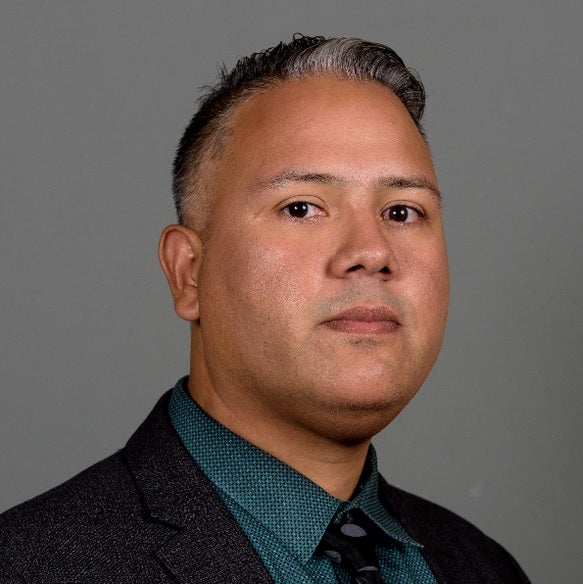ASU faculty to explore racially charged topics at national sociology meeting

Recent and ongoing changes to U.S. immigration policies have many unsettled about the potential effects of certain tactics on the well-being of the mostly Latino individuals and communities impacted. But the issue can be easy to dismiss without concrete evidence to support cause for concern.
Research coming from several scholars at Arizona State University offers that evidence.
This month, they will share their findings and consider possibilities to further investigation into this and other raciall charged matters at the 113th annual American Sociological Association meeting in Philadelphia.
The theme of this year’s meeting is “Feeling Race: An Invitation to Explore Racialized Emotions.”
A total of 15 ASU faculty and researchers from six schools and four colleges were invited to present papers and participate in panel discussions on topics ranging from “Colin Kaepernick and Sports Activism” to “American Indian Diabetes Narratives.”
Nilda Flores-Gonzalez
“This is the main venue for sociologists to share their work and network with others,” said Nilda Flores-Gonzalez, who will join ASU Aug. 16 as associate director of sociology at the T. Denny Sanford School of Social and Family Dynamics. “ASU’s strong presence at the conference reflects the diversity and quality of work being done at the university.”
Flores-Gonzalez comes to ASU from the University of Illinois at Chicago, where she has been a professor of sociology since 1995. She was drawn to the cultures of innovation and interdisciplinarity at ASU and looks forward to assisting in rebuilding the university’s sociology program by recruiting faculty and expanding course offerings and research opportunities for students.
At this year’s ASA meeting, Flores-Gonzalez will be presenting on her current project that expands on her book “Citizens But Not Americans: Race and Belonging Among Latino Millennials” by exploring the conflicted national identity of young Latinos in an increasingly nativist America.
Others presenting on similar topics include School of Transborder Studies assistant professor Edward Vargas, who will present new developments since the publishing of his paper “Latinos’ connections to immigrants: How knowing a deportee impacts Latino health” in the Journal of Ethnic and Migration Studies in February, and Sanford School associate professor Rebecca White, who will participate in a discussion of her recently published paper, “Impacts of Immigration Actions and News and the Psychological Distress of U.S. Latino Parents Raising Adolescents.”
Vargas, whose roots in the American Southwest go back several generations, to “before Texas was Texas,” feels there needs to be a shift in the way Latino children are viewed in America. While they may come from families whose documentation statuses vary between generations, many of the children are full U.S. citizens.
“Minority children are the largest demographic of children [in America] right now,” Vargas said. “That has really important implications for our community and society. And until we get to the point where we’re saying these children are our children, it’s not looking very bright for our future.”
White, whose study found that recent immigration actions and news triggered symptoms of psychological distress — including clinical anxiety and depression — in a significant number of Latino parents in the U.S., regardless of their legal status, echoed Vargas’ sentiments.
“It’s very challenging to explain to a child that, yes, these things are happening to families that look like us but they’re not going to happen to you,” White said. “For one thing, [Latino parents] may be hard pressed to convince themselves of that. … It’s very psychologically taxing.”
Rebecca White
The reason that should concern everyone, White explained, is because parents who are psychologically taxed have a harder time engaging in the types of parenting behaviors — demonstrating warmth, monitoring activities, etc. — that children need to develop and thrive.
“All parents have to help their kids process challenges but this is a challenge that goes above and beyond normal parental duties because it targets one ethnic group,” White said.
School of Social Transformation professor Mary Romero, who will present her paper “Normalizing Hate in Immigration Law Enforcement: Making America White Again,” will take over as president of the ASA following this year’s meeting. She’ll also contribute to a number of roundtable sessions on such topics as “Guns in American Life” and “Surveillance and Emotion.”
Below is a complete list of ASU faculty and researchers invited to participate in this year’s ASA meeting, along with some of the panels topics and papers they will be addressing:
• Michael Hechter, Foundation Professor, School of Politics and Global Studies, College of Liberal Arts and Sciences — State Strategies of Containment and Consolidation; “The Limits of Indirect Rule: Containing Nationalism in Corsica.”
• Margaret Hinrichs, postdoctoral research associate, School for the Future of Innovation in Society — Science, Knowledge and Technology; Representation in the Knowledge Economy; “Engaging Graduate Students in Research Networks: Confidence, Knowledge, and Skills for Interdisciplinary Collaboration.”
• Jennifer Keahey, assistant professor, School of Social and Behavioral Sciences, New College of Interdisciplinary Arts and Sciences — Environmental Sociology; Ecovillages, Community and Sustainability; Frontiers in Feminist Development; “Cultivating Heritage: Sustainable Development in the South African Cederberg.”
• Jennie Jacobs Kronenfeld, professor, T. Denny Sanford School of Social and Family Dynamics, College of Liberal Arts and Sciences — Medical Sociology; Marriage and the Family; “Marital Disruption, Social Support, and Diabetes in Older Adults.”
• Pat Lauderdale, professor, School of Social Transformation, College of Liberal Arts and Sciences — Political Economy of the World-System; Contradictions of Our Times; “Climate Disruption: A Crack in the Hegemonic Façade of Global Stability and the World-System.”
• Tennille Marley, assistant professor, American Indian studies, College of Liberal Arts and Sciences – Thinking by and about Indigenous People; “We are Digging Our Own Grave with Spoons and Forks: American Indian Diabetes Narratives.”
• Nathan Martin, assistant professor, School of Social Transformation and associate professor, T. Denny Sanford School of Social and Family Dynamics, College of Liberal Arts and Sciences — Global and Transnational Sociology; Citizenship and Identity; “Citizens of the World: Globalization and Transnational Identity Formation.”
• Aggie Noah, assistant professor, School of Social Transformation and T. Denny Sanford School of Social and Family Dynamics, College of Liberal Arts and Sciences — Finding a Mate: Changing Preferences and Practices; “Neighborhoods, Legal Status, and Family Formation Transitions among Mexican-origin Adults.”
• Joshua Raymond, MA, sociology, December 2017, T. Denny Sanford School of Social and Family Dynamics, College of Liberal Arts and Sciences — Inequality, Poverty and Mobility; Safety Nets; Ethnicity, Alcohol and Drugs.
• Mary Romero, professor, School of Social Transformation and T. Denny Sanford School of Social and Family Dynamics, College of Liberal Arts and Sciences — Surveillance and Emotion; Immigration and Law Enforcement; Guns in American Life; Exposing Invisible Burdens: Critical Race Theory and Racialized Emotion; “Normalizing Hate in Immigration Law Enforcement: Making America White Again.”
• Thomas Seager, associate professor, School of Sustainable Engineering and the Built Environment, Ira A. Fulton Schools of Engineering and School for the Future of Innovation and Society — Science, Knowledge and Technology; Representation in the Knowledge Economy; “Engaging Graduate Students in Research Networks: Confidence, Knowledge, and Skills for Interdisciplinary Collaboration.”
• David Siroky, associate professor, School of Politics and Global Studies, College of Liberal Arts and Sciences — State Strategies of Containment and Consolidation; “The Limits of Indirect Rule: Containing Nationalism in Corsica.”
Edward Vargas
• Edward Vargas, assistant professor, School of Transborder Studies and T. Denny Sanford School of Social and Family Dynamics, College of Liberal Arts and Sciences — Health Care and Care Delivery; Racializing Empathy: Policing, Immigration and Health; How the Stress of Deportations is Impacting Latina/o Health.
• Mary Ingram-Waters, associate chair and honors faculty fellow, Barrett Honors College; senior lecturer, School for the Future of Innovation in Society — Sociology of Culture; Culture, Gender and Sexuality; Take a Knee: Colin Kaepernick and Sports Activism; “Palatable Queerness as Queerbaiting in Video Games.”
• Rebecca White, associate professor, T. Denny Sanford School of Social and Family Dynamics, College of Liberal Arts and Sciences — Latina/o Youth and Legal Liminality; “Impacts of Anti-immigrant Actions and News on the Psychological Distress of U.S. Latino Parents Raising Adolescents.”
More Arts, humanities and education

ASU graduate education programs are again ranked among best
Arizona State University’s Mary Lou Fulton College for Teaching and Learning Innovation continues to be one of the best graduate colleges of education in the United States, according to the…
ASU FIDM students to see their designs on the runway at Uncertainty Fashion Showcase
Nola Hill is perfecting every stitch of her fashion design collection, which she started conceptualizing last summer.She is among 30 ASU FIDM fashion design students who have been working late into…

ASU+GSV Summit brings experts together to discuss innovation in education
This week, Arizona State University President Michael Crow and other university leadership joined education and learning experts from around the globe at the ASU+GSV education technology summit in…




